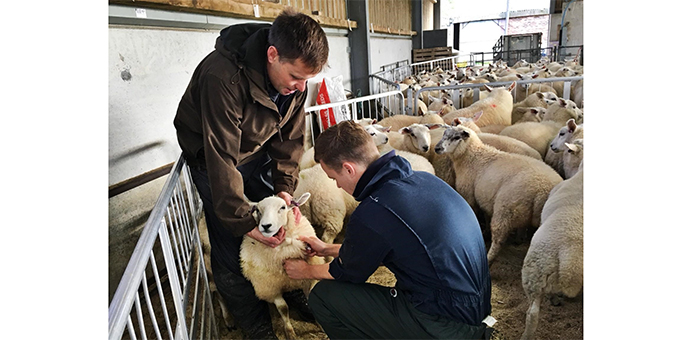An XLVets study, carried out by 24 independent veterinary practices, has revealed some surprising findings on fluke infection in sheep.
Sponsored by Norbrook, the collaborative study involved each practice blood testing a cohort of six lambs on 25 individual farms from 16 weeks of age, to look for evidence of antibodies to liver fluke.
The findings identified very low levels of infection throughout the country with sero-conversion being variable between farms but generally occurring very late in the season, with just a few lambs affected.
With some farms likely to be preparing to use flukicides now to reduce pasture contamination and with increasing concern about resistance to some flukicides, the results suggest that farmers can work with their vet to plan towards a more targeted flukicide strategy that also helps to reduce the likelihood of resistance developing, particularly to triclabendazole which is often used to treat the immature fluke life stages.
Fluke can result in significant financial loss, estimated at around £3-5 per infected sheep.
The XLVets study aimed to address concerns about the use of flukicide so as to minimise the development of resistance. Practices from as far north as Orkney, down to Devon in the south west and with good geographical coverage throughout the UK, took part.
Mark Thompson of Craven Farm Vets in Yorkshire said, “I did not expect to see positive results as late in the year. I expected a positive result earlier (September/October) as the farm is a very wet farm with a long-standing issue with fluke. Also, the weather in the area has been ideal for the intermediate host and fluke development on the pasture.”


